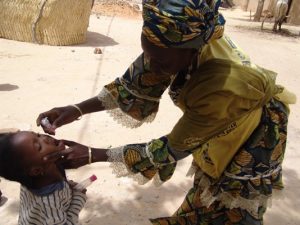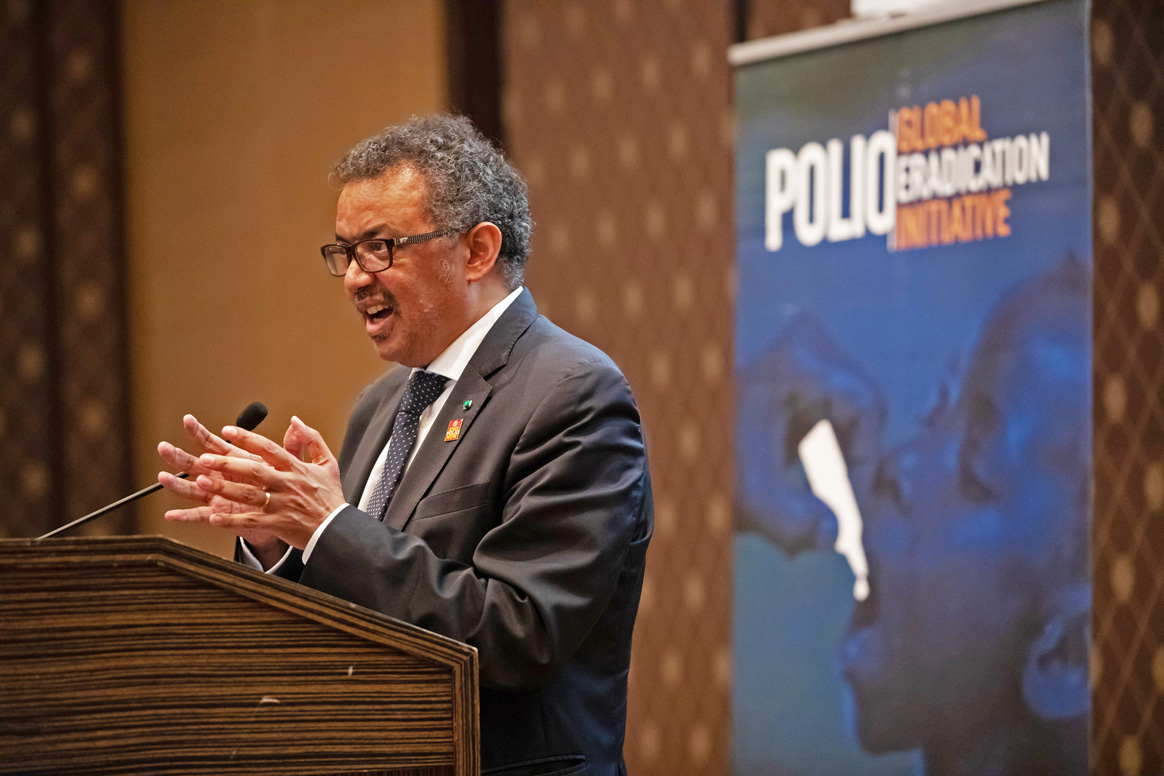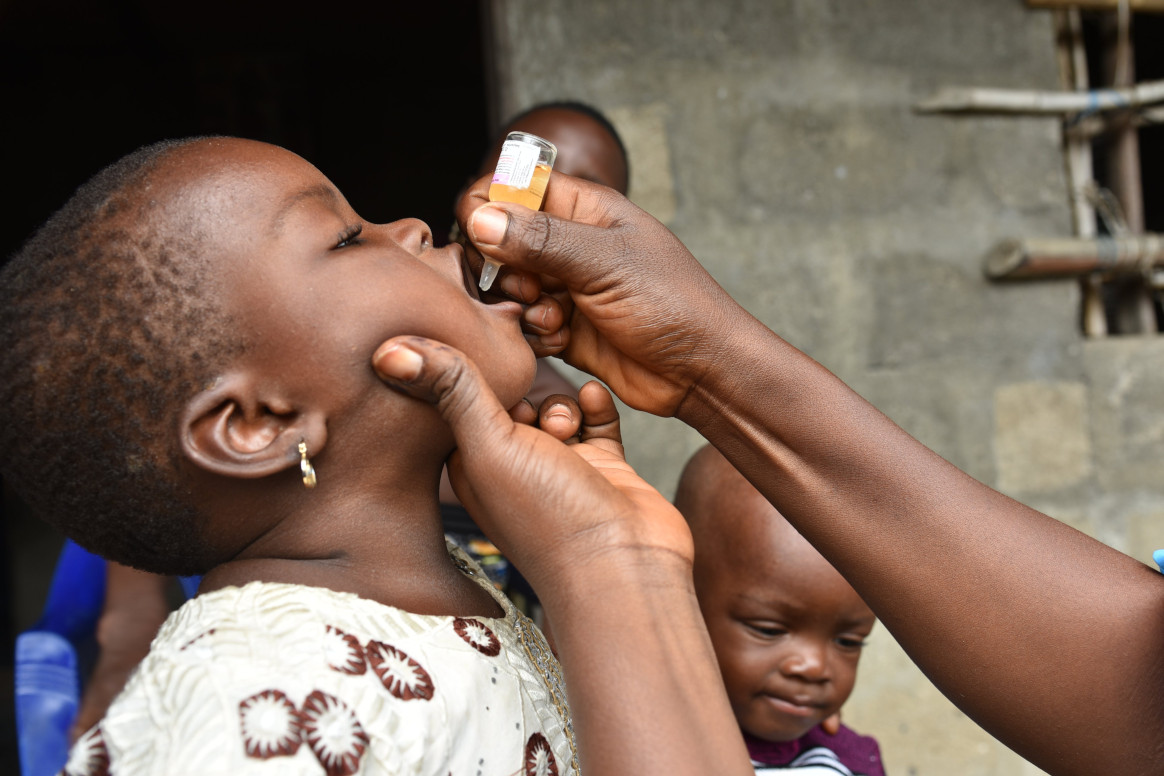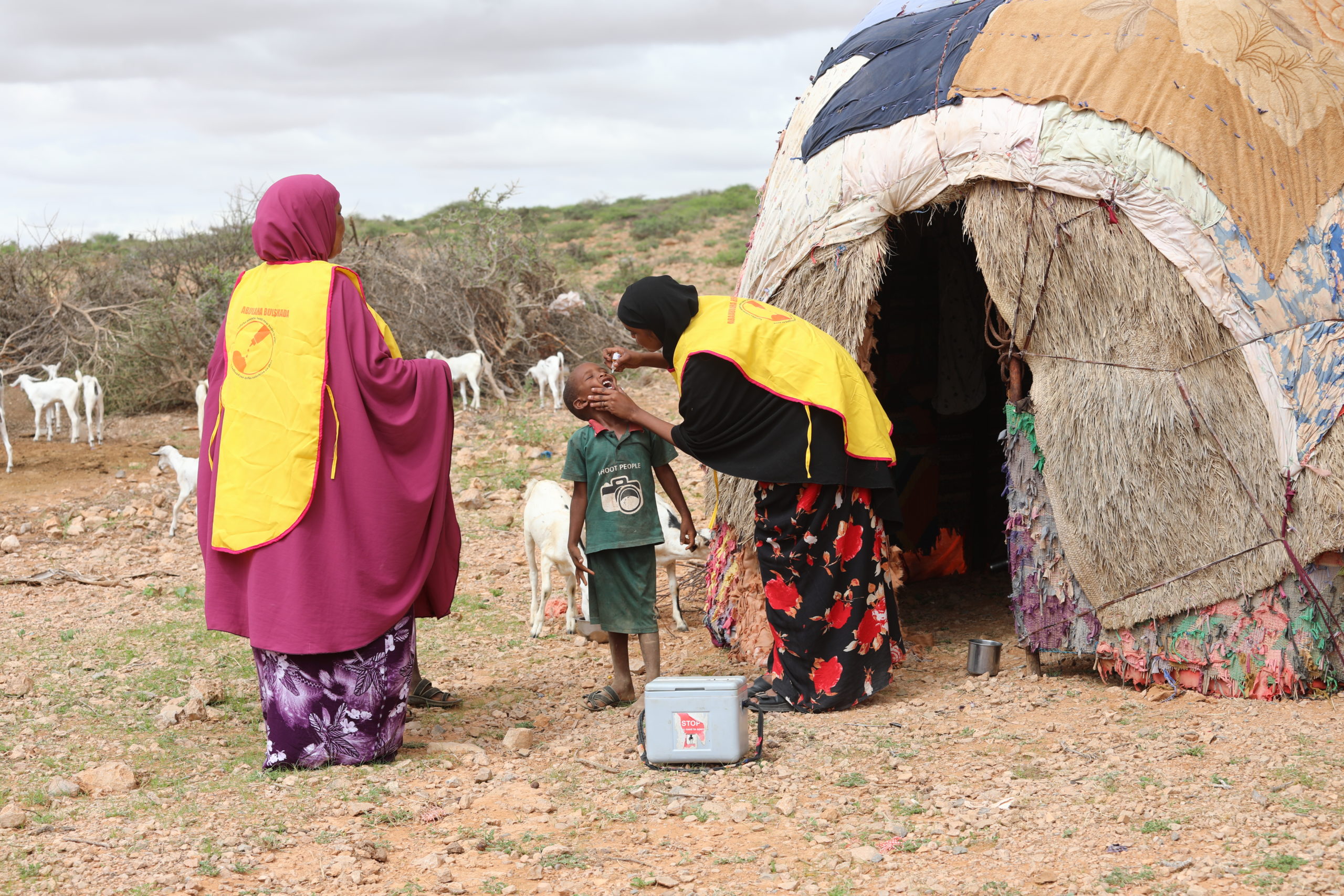
Monaco’s contribution comes at a critical moment because Niger remains at particular risk for polio and has been repeatedly re-infected by virus imported from neighbouring northern Nigeria. The wild poliovirus type 1 case with onset 15 November 2012 was linked to Nigeria as well as the 11 July 2013 case due to circulating vaccine-derived poliovirus type 2 (cVDPV2) which was related to cVDPV2 cases detected in 2013 in Cameroon, Chad and Nigeria.
The Government of Niger implemented a comprehensive response in line with international outbreak response guidelines issued by the World Health Assembly (WHA) in Resolution WHA59.1. Following an initial supplementary immunization activity (SIA) on 15 January 2013, 4 nationwide and 3 subnational SIAs were conducted and, a joint national and international team of epidemiologists and public health experts were deployed by the World Health Organization ‘s Regional Office for Africa to assist the Government of Niger in the investigations, help plan response activities and support active searches for additional cases of paralytic polio.
Thanks to strong routine immunization (estimated at 95%), strong disease surveillance which rapidly detects new importations and strong outbreak response activities, poliovirus has so far not managed to re-establish a foothold following re-infection. Thanks to this, Niger is not only protecting its own children, but is in fact acting as an immunity ‘firewall’, minimizing the risk of further onward spread of poliovirus to other areas of West Africa.



